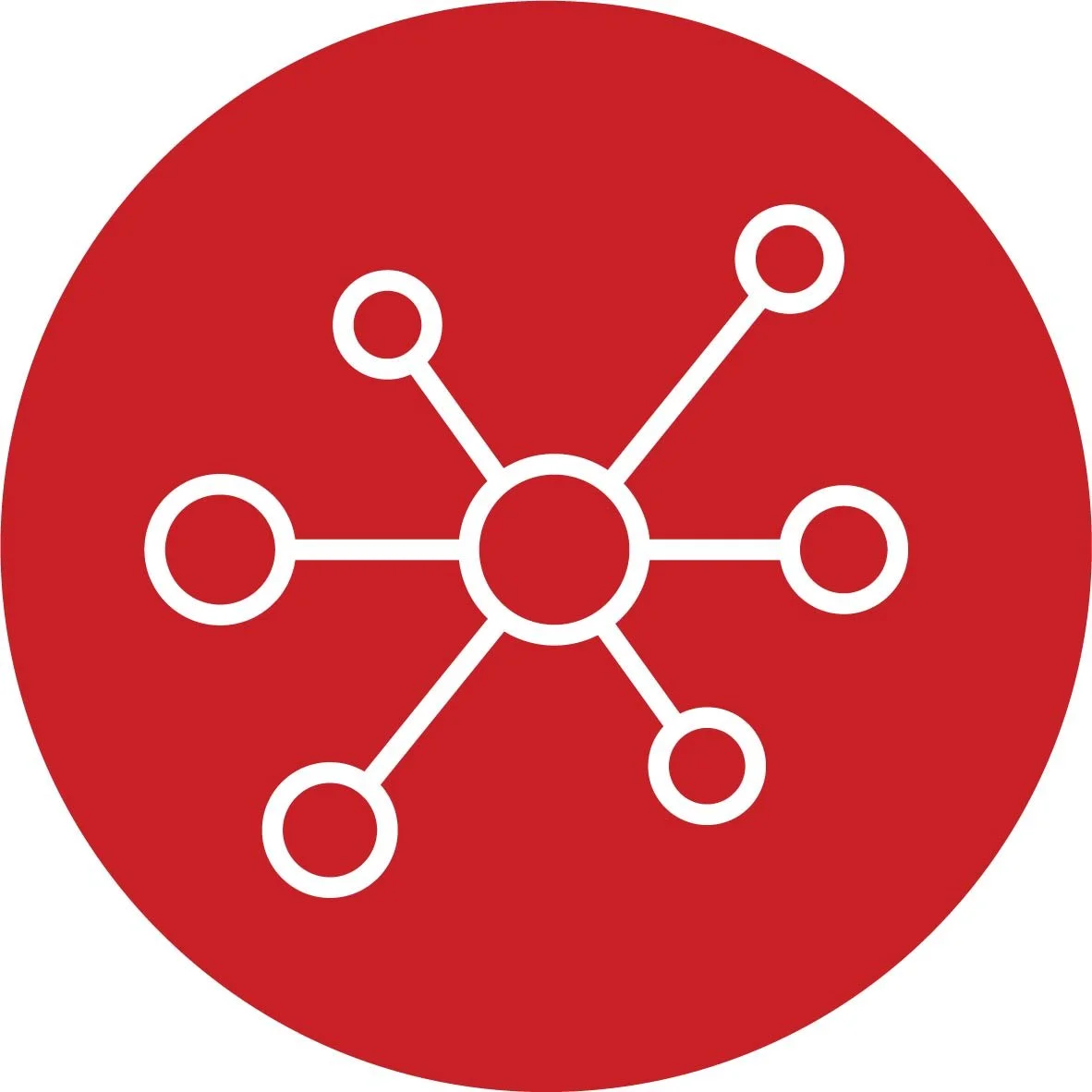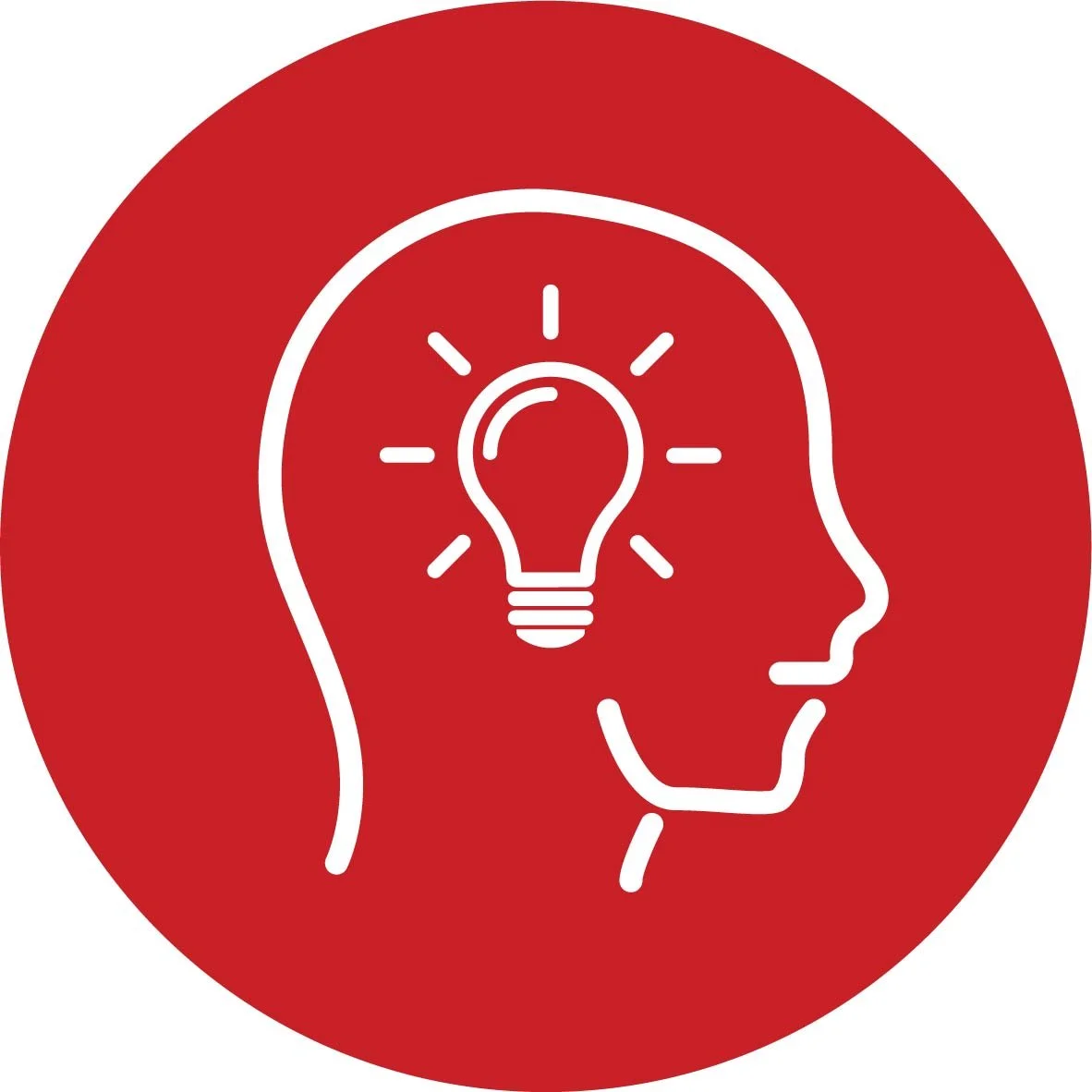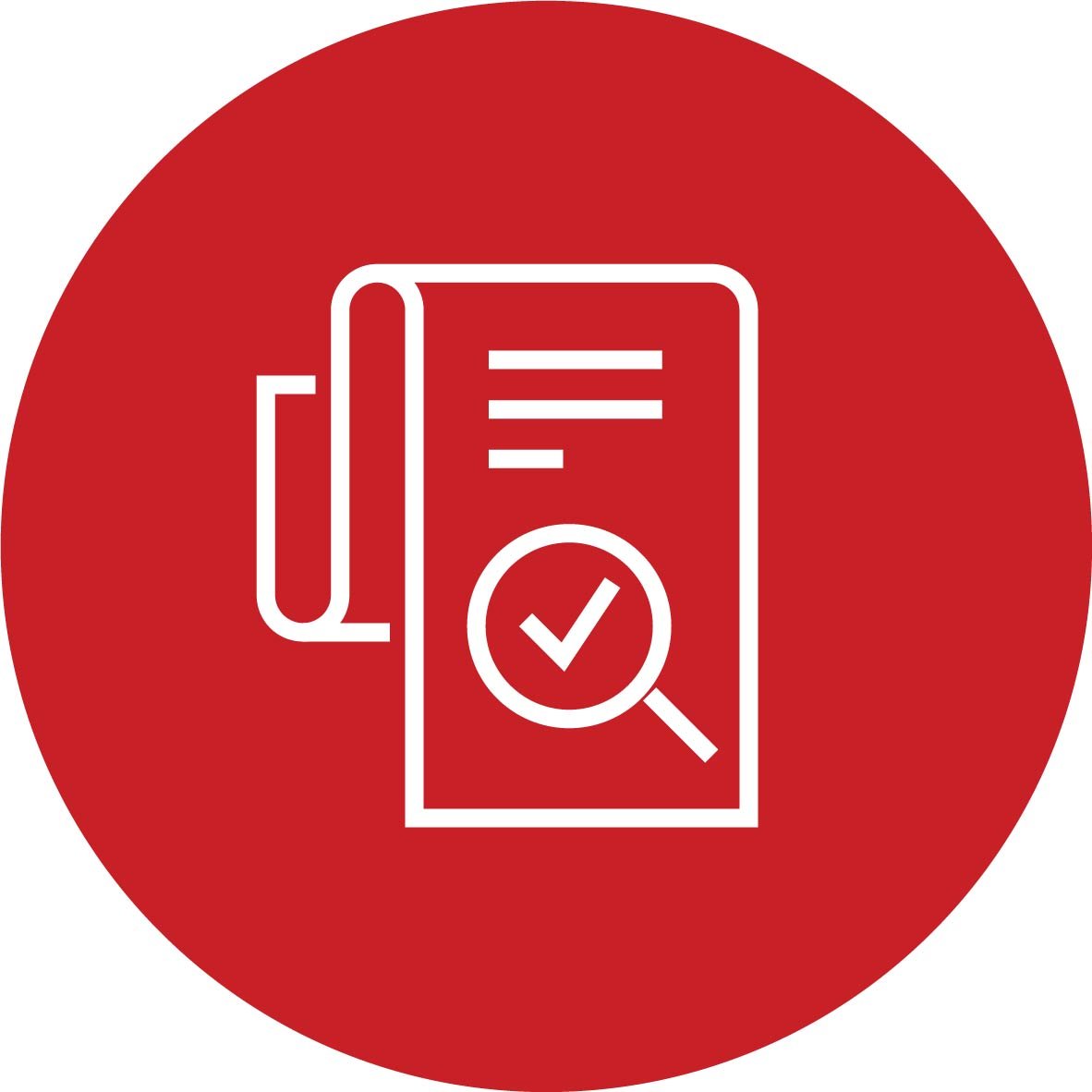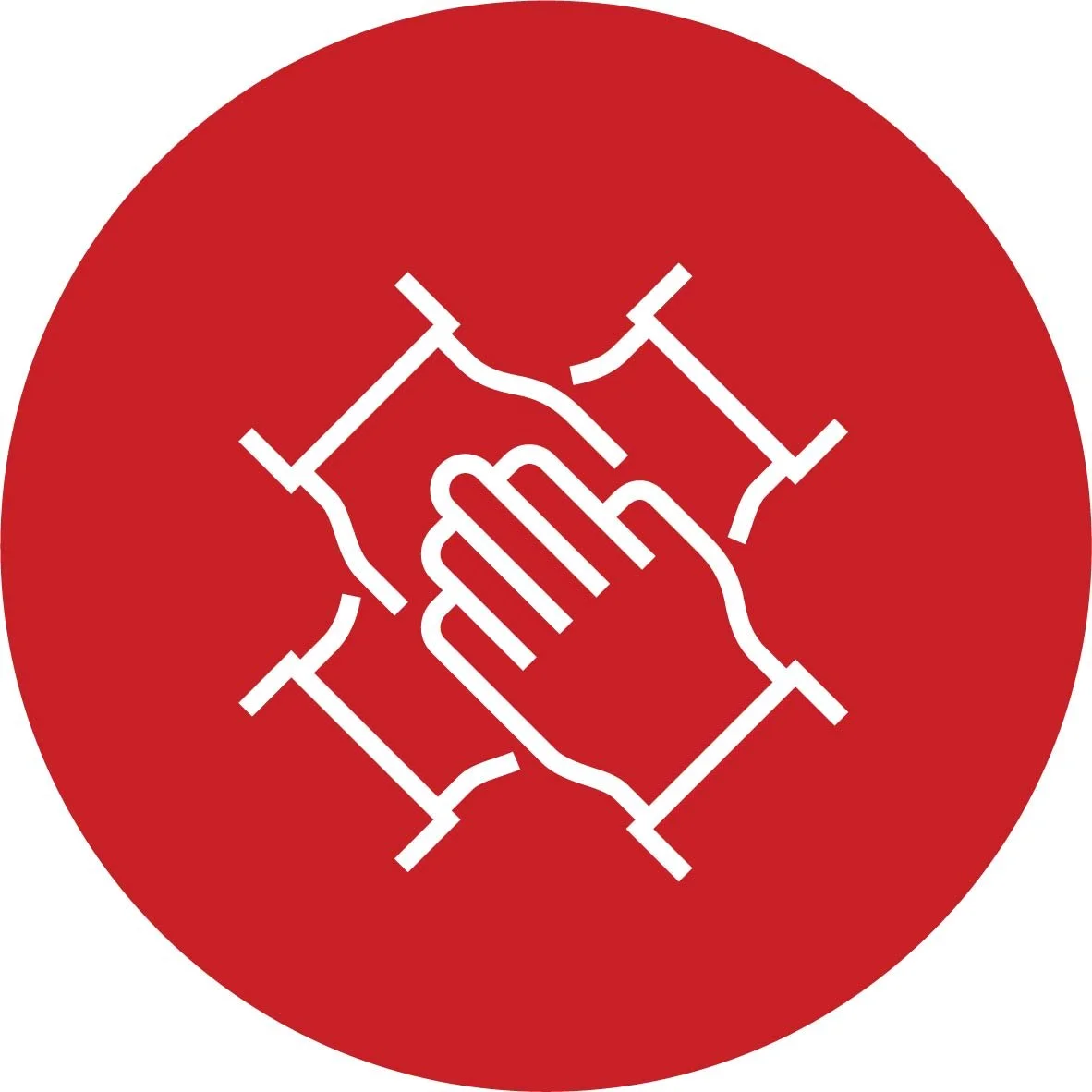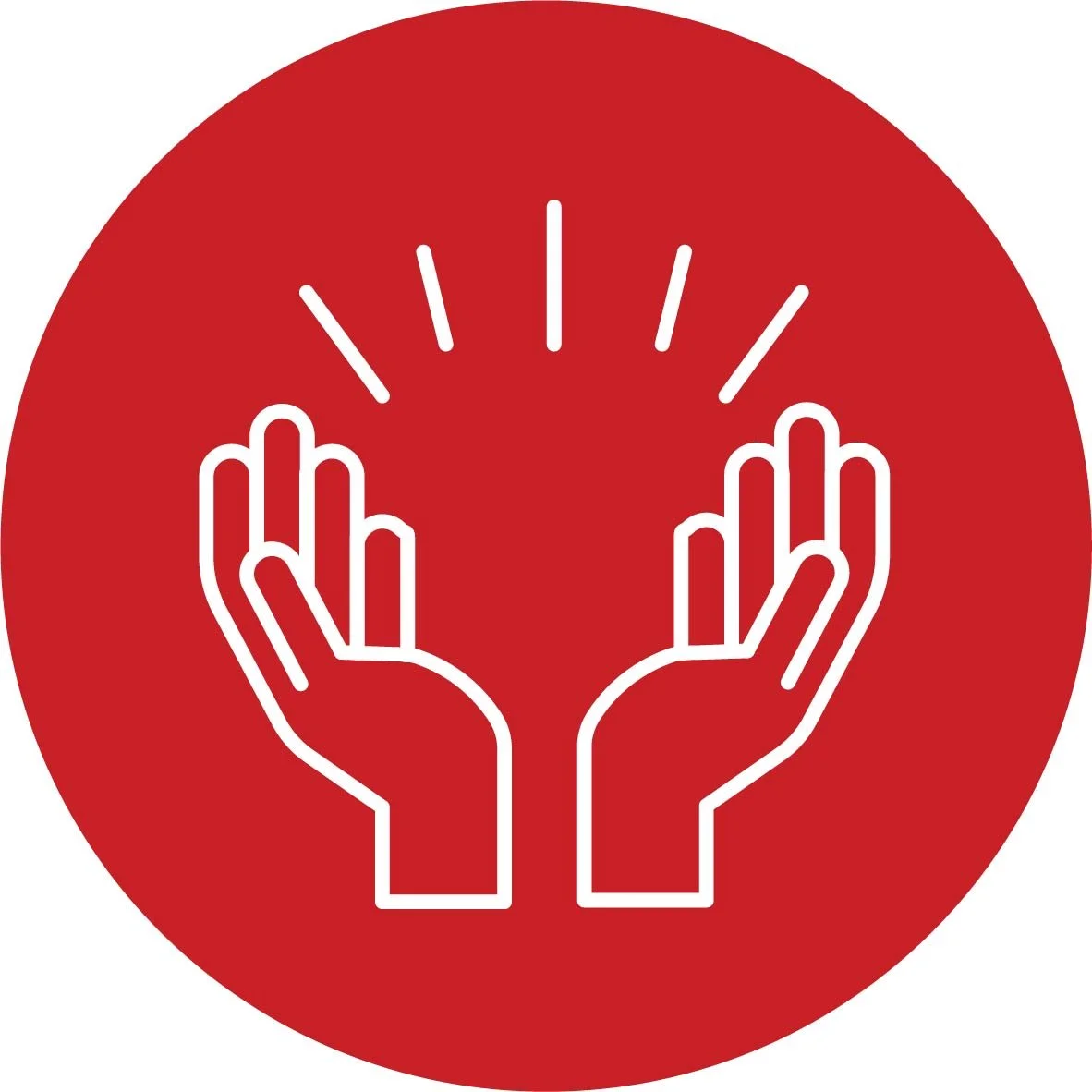
our vision.
our mission.
We see a world where communities live in dignity, harmony, and freedom.
We seek to end all forms of abuse and modern slavery globally by building a movement to empower communities, to strengthen systems, and to restore justice and wellbeing with survivors.
Theory of Change
We believe that true social change will only occur through the innovation of collaboration. By combining the efforts made by various sectors committed to a common agenda, we further our collective impact. We believe that no single organization or sector can bring an end to human trafficking. Instead, we must collaborate through means such as knowledge and resource sharing, referring cases between organization partners, and advocating together for positive policy changes on national and international governmental levels.
Human trafficking is complex, fueled by issues like social inequality, culture and history, gender inequality, poverty, and economic disempowerment. Therefore, the response to this must include organizations and stakeholders from different sectors, creating an interdisciplinary approach that is grounded in a human rights framework. This means stakeholders recognize that we all have a shared responsibility to combat trafficking and in response, share our strengths, core competencies, and financial and knowledge-based resources to abolish all forms of abuse and exploitation.
CORE VALUES
Collaborative
We work together with all relevant stakeholders to achieve the overall goals of our projects, through consistent communication with one another, through an understanding of their goals and values, through acts of trust and respect for one another.
We support and find ways to integrate our work with partners and member organizations.
We respect and encourage the involvement of survivor and community members in project activities and goals. We will ask for their feedback on our work so that we can improve when needed. We invite community members and local leaders to join in implementing our project.
Empowering
We educate vulnerable community members, local leaders, NGO partners by building their capacity to work effectively for the good of their communities. We don’t only share knowledge, but encourage them to take responsibility of the work in their own ways.
We want to see communities become stronger as community members and survivors are brave to raise their voice on what they see or any issues affecting their community. We bring their voice to be heard at relevant levels of society.
We don’t “do for” but we “do with” our stakeholders. We join with our stakeholders to do things they have never done before or to do things they may need more help with. We set an example for others to see and follow.
Through our project activities, we know the importance of the community’s voice in deciding what kind of help they want. We incorporate their ideas and feedback into our work.
Learners
We want to know how our work impacts those around us. We pay attention to the activities and impact of our work, and learn from our weaknesses and our successes. We research, gather sufficient information and consult with experts in order to make the best decision for survivors, community members and our other partners.
We provide knowledge resources for our staff and for other practitioners to support and facilitate their learning process.
We monitor our work regularly by observing, interviewing, and collecting relevant information. We evaluate our work so that we can understand our effectiveness. We understand the relevance of our work and the purpose of our vision.
We stay up-to-date with new ideas and innovative solutions to work more efficiently as a team and as an organization. We set up new systems and structures to support clear communication and sharing of knowledge. This can bring about more positive changes to our organization.
Responsible
We are accountable to survivors, community members, government ministries, NGO partners and donors. We are responsive to their needs and the challenges they face, and contribute to positive change.
We maintain a good relationship with the government to ensure that our project activity complies with the relevant procedures and laws.
We are transparent with our use of resources and follow clear financial best practices. We take responsibility for using the financial resources of the organization without taking advantage of it. We spend the organization’s finances wisely and efficiently.
Faith-inspired
We believe in basic human rights and social justice for all, because we are inspired by our diverse faiths. We have faith that there is good in our world, and we work together to realize this good.
We are an example of hope to motivate our various stakeholders in the government, in the communities and the survivors we support.
We commit to help our stakeholders and partners regardless of their religious backgrounds and beliefs, because we understand and respect that everyone has their own beliefs.
We believe that everyone deserves a safe and holistic life. Our faith inspires us to protect and care for as many people as possible, and we try to ensure that no one is left behind. We will be inclusive of others regardless of gender, sexual orientation, race and ethnic heritage, age, disability, nationality, and religious beliefs.

